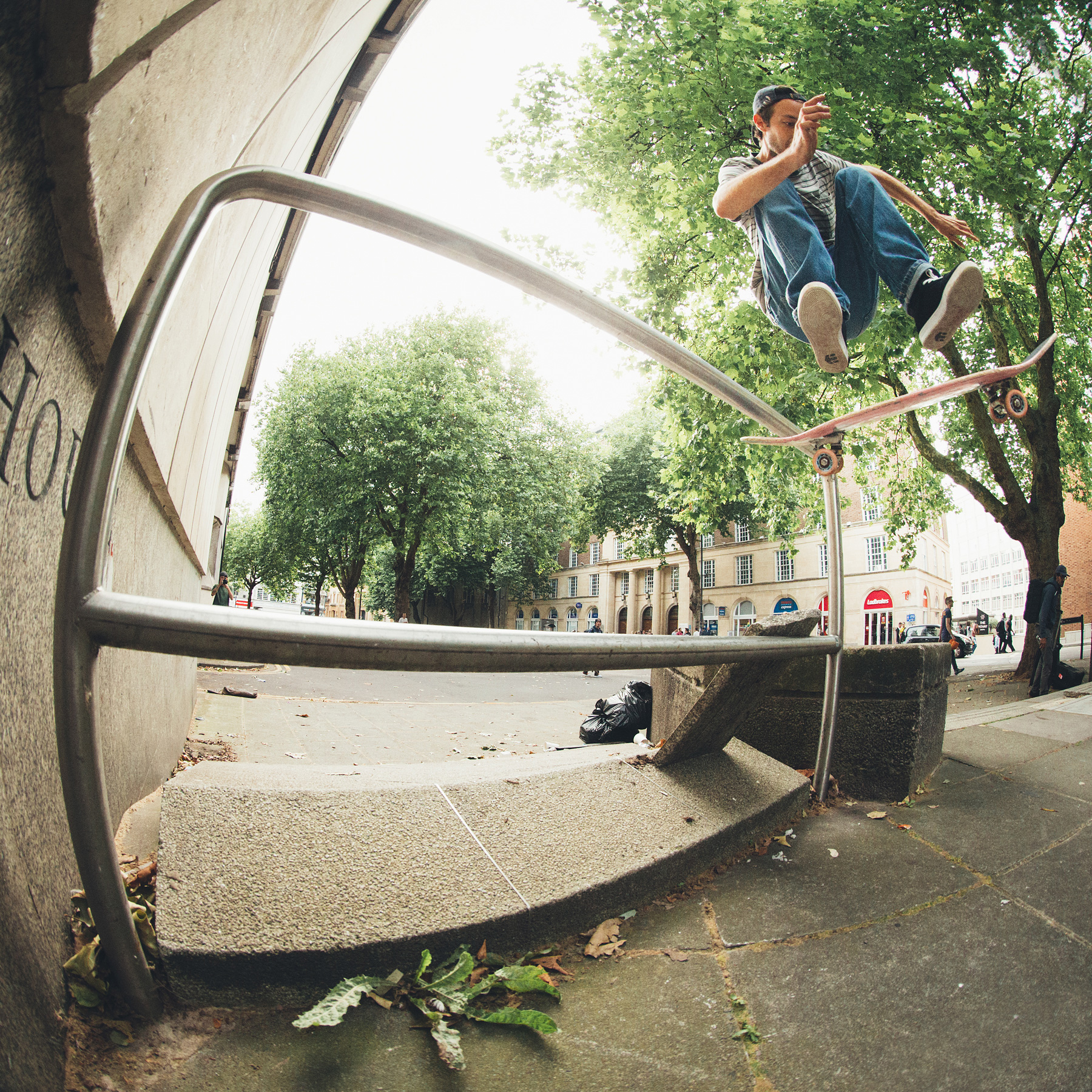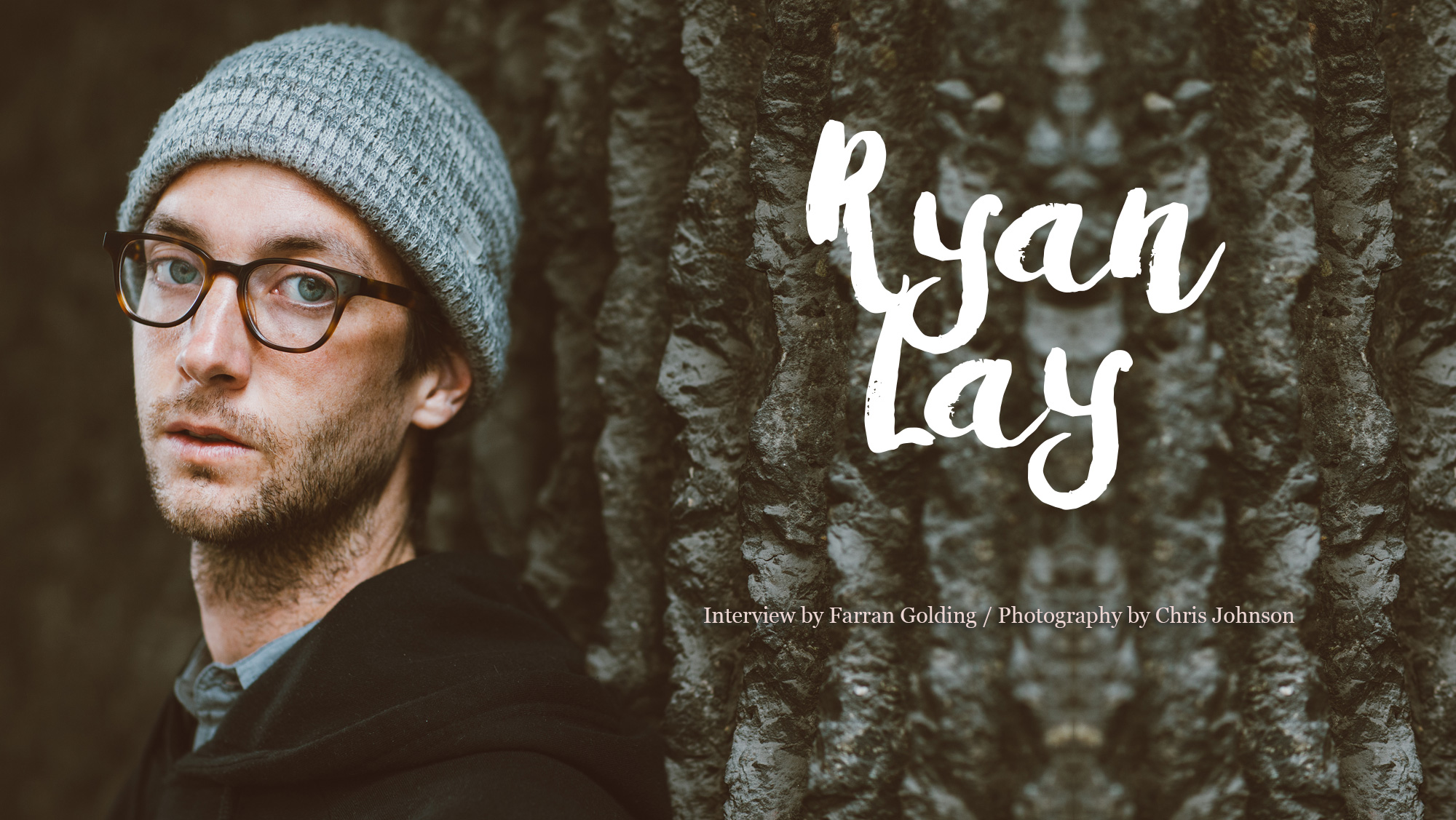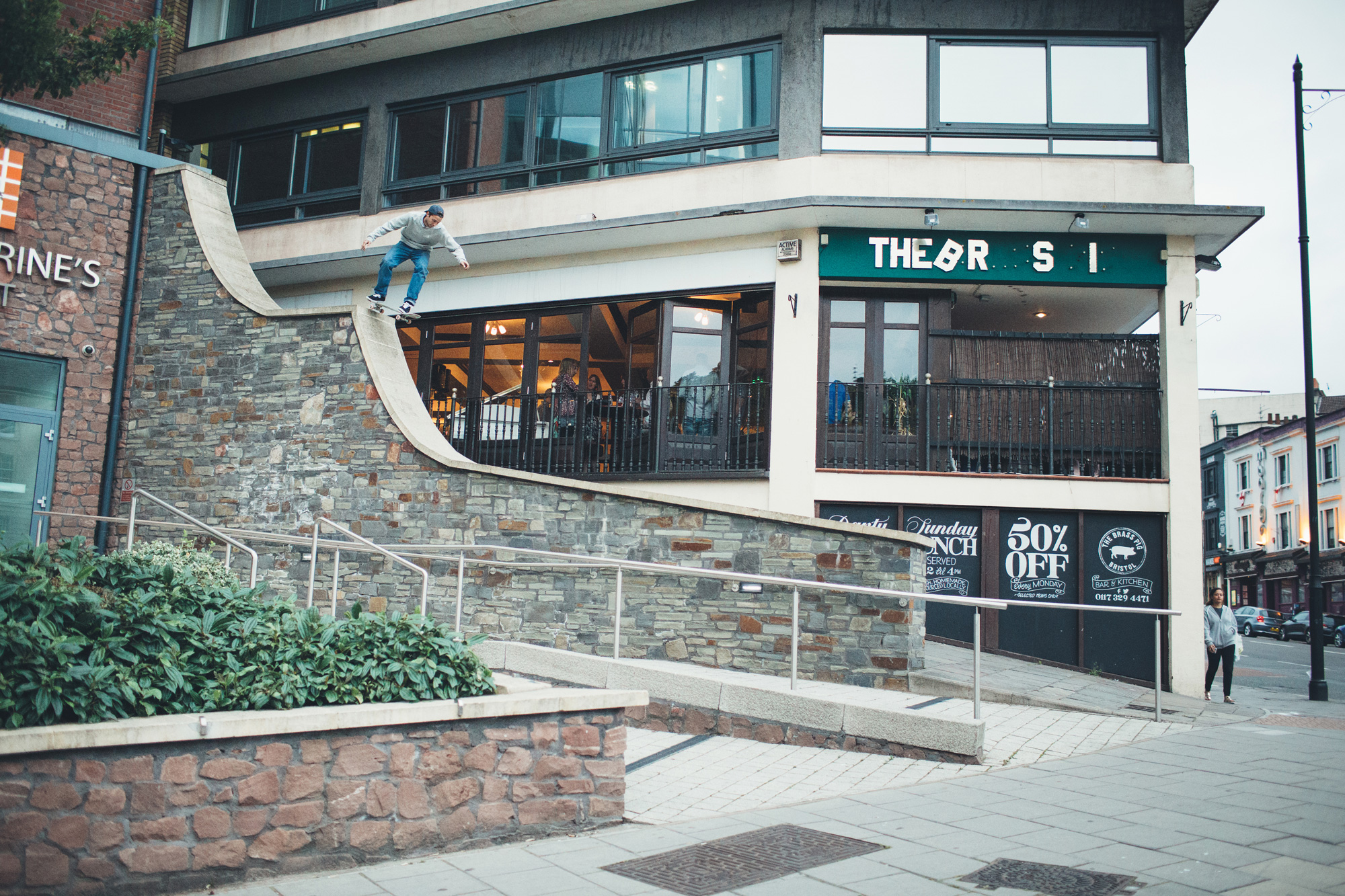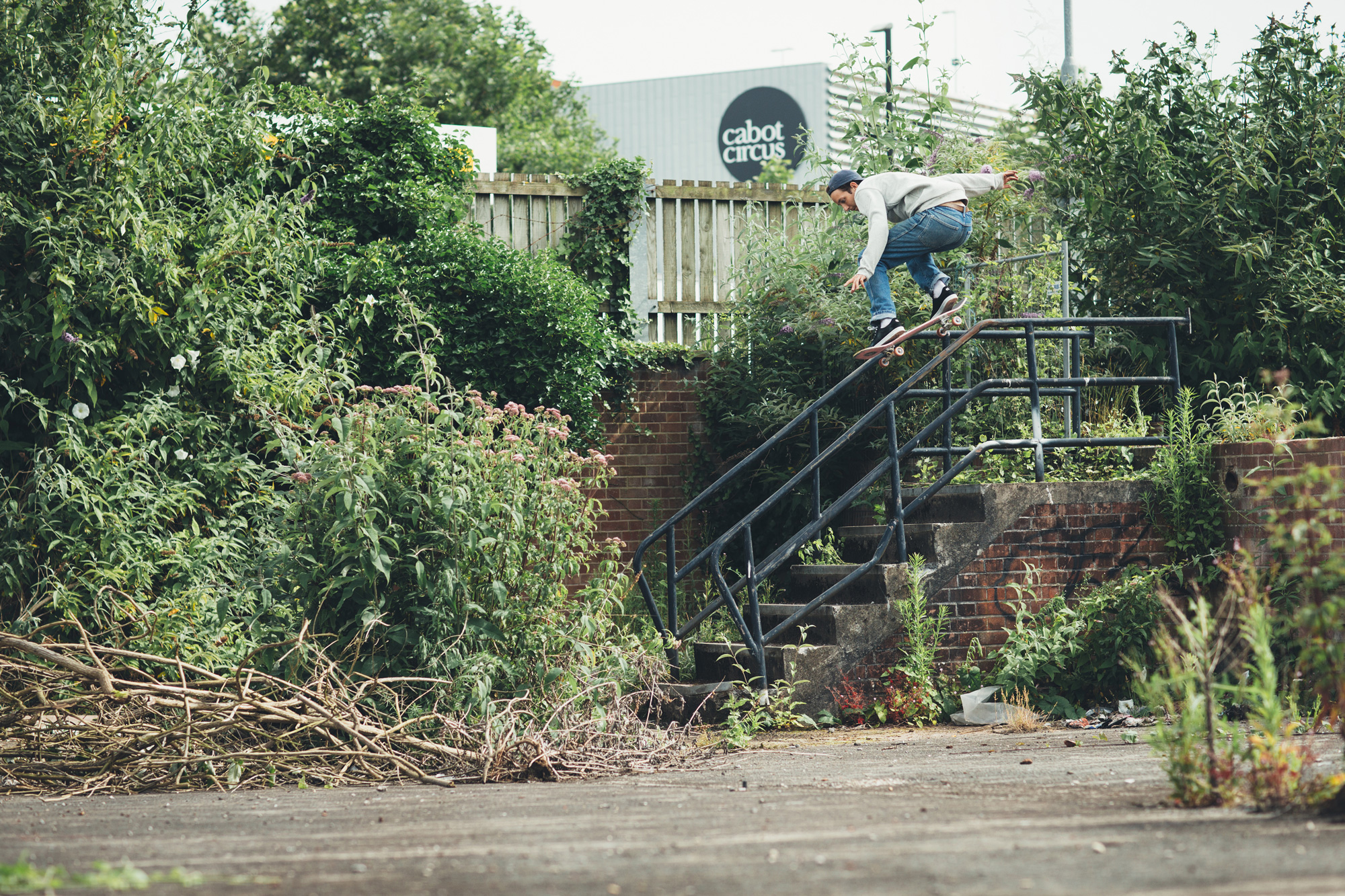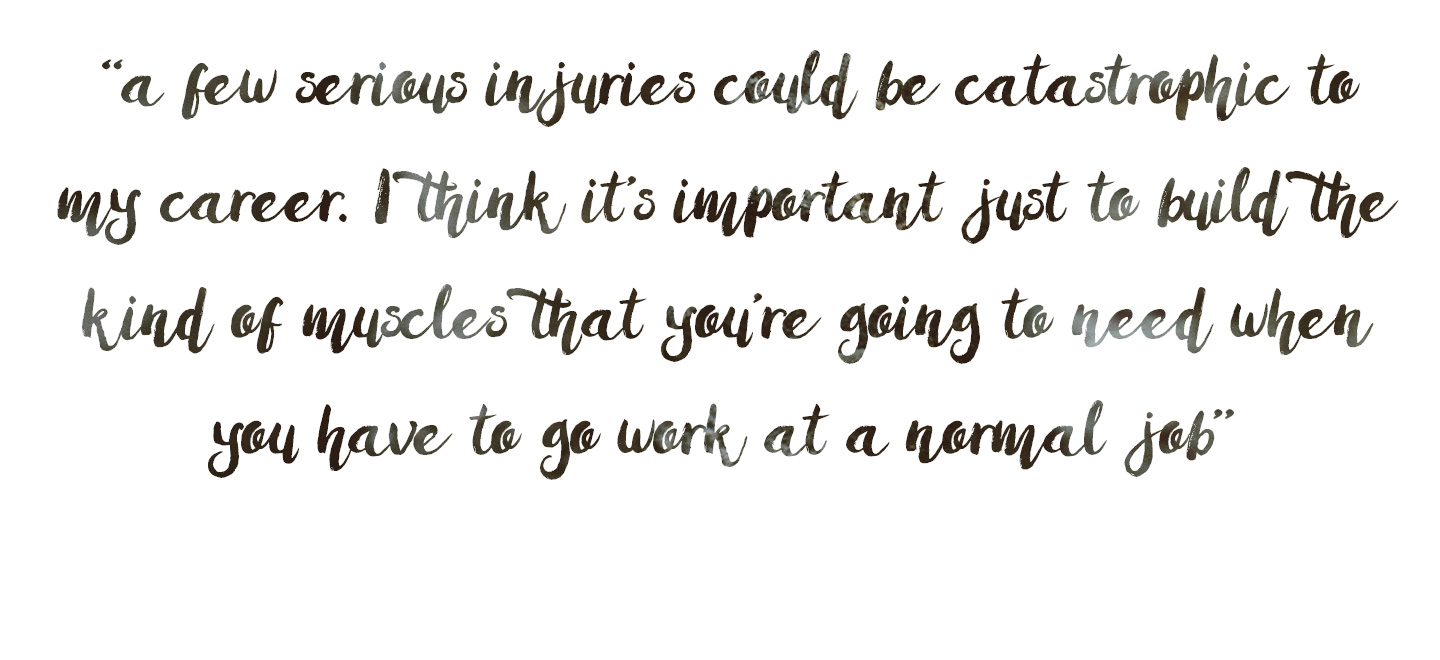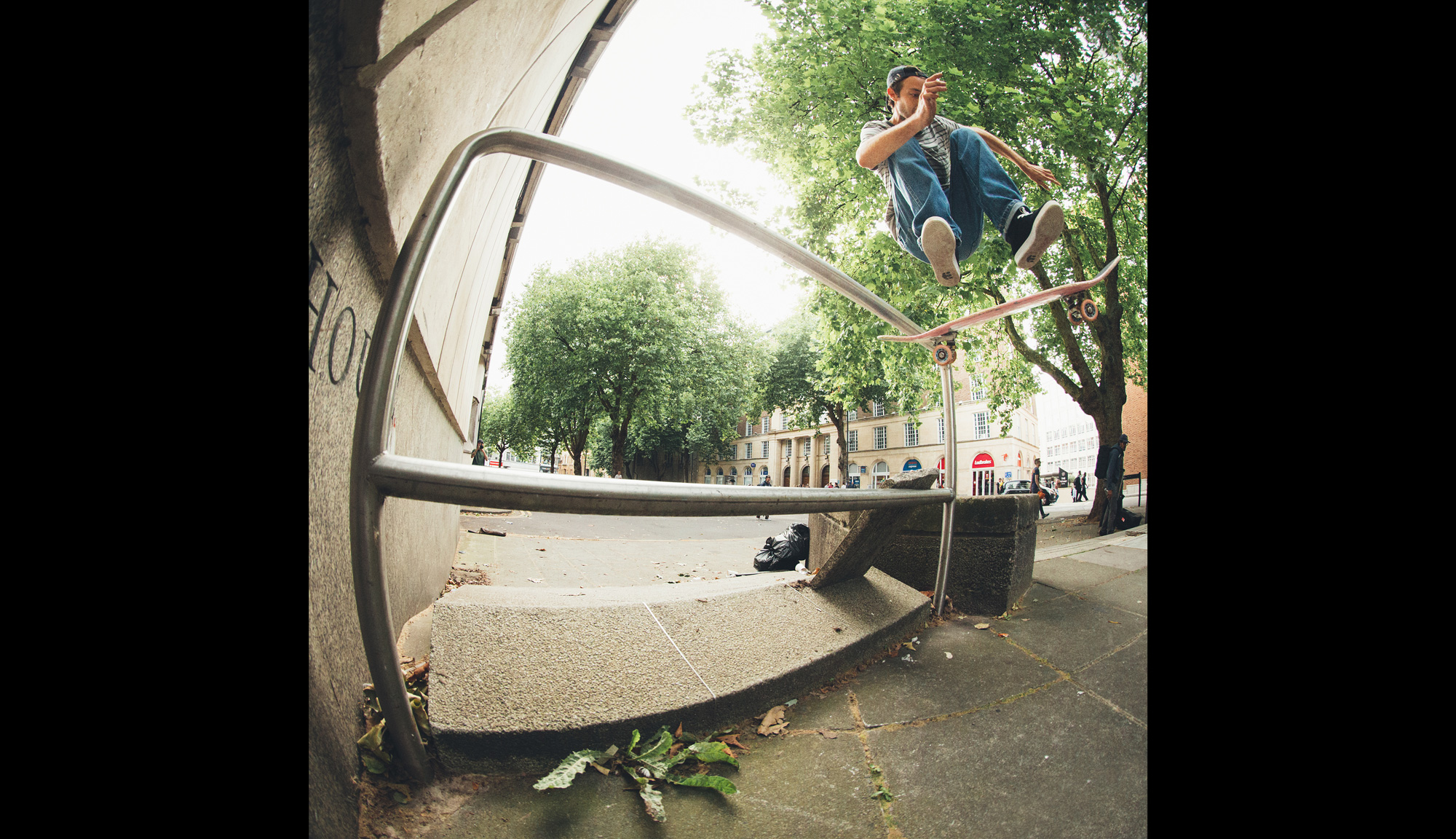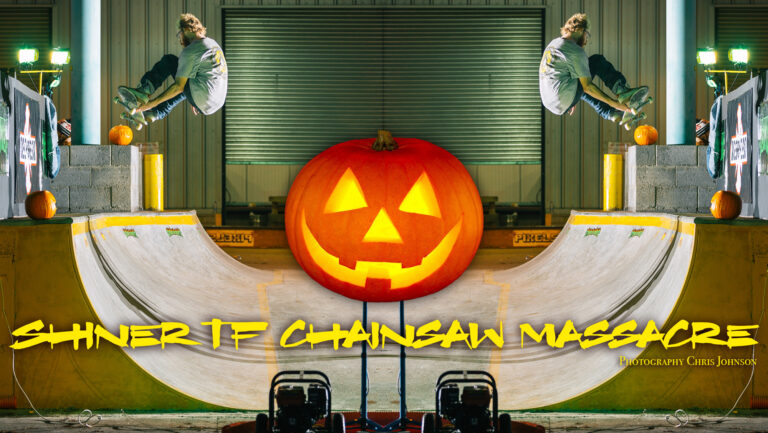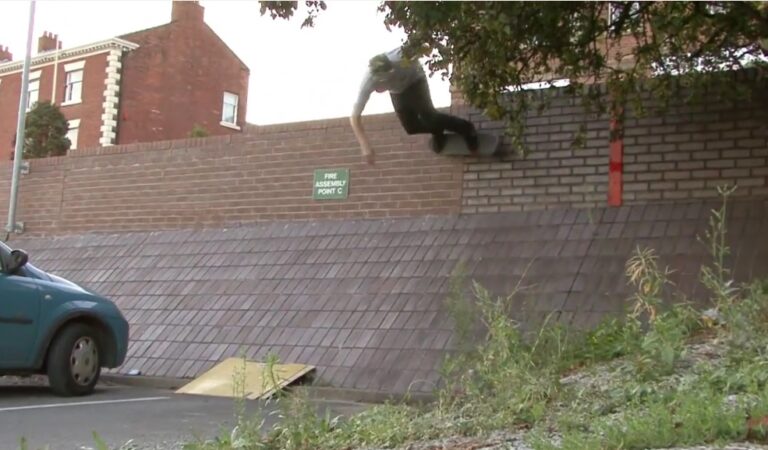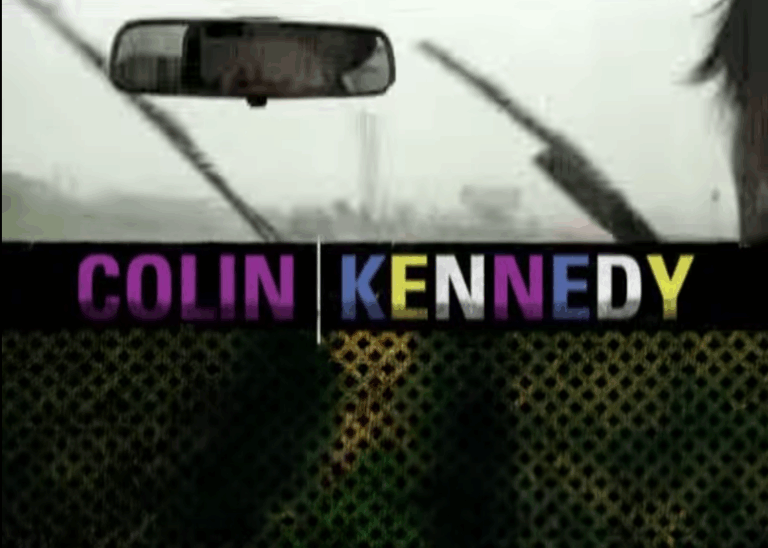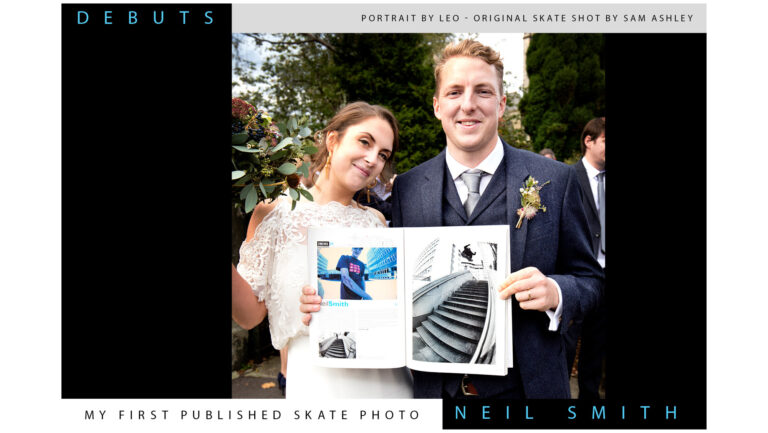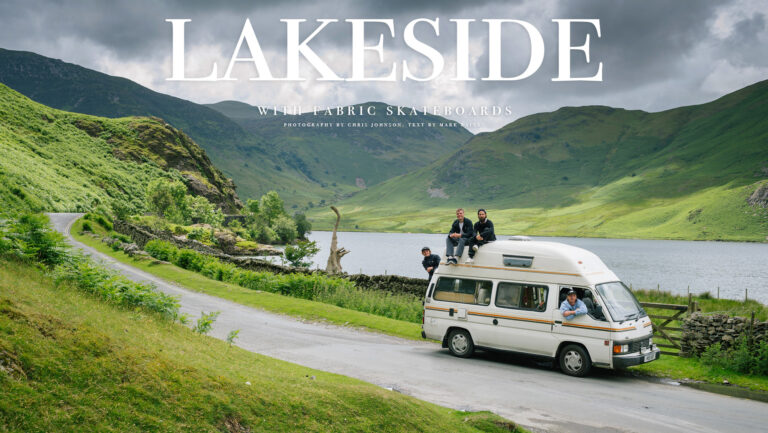Working on that scale, I imagine maintaining equipment must be quite costly. Is that a difficulty or are there any distributors or companies in the States that help facilitate that?
Yeah we’ve had some support from Vans, etnies and some of my other sponsors. As far as the skateboard side of things we don’t really have too much trouble getting used skateboards. Trucks are more difficult to come by because skateboarders go through trucks once every six months. Through our insurance we have to require that the kids wear wrist guards and helmets, so we purchase most of our helmets through local thrift shops and the wrist guards we buy wholesale, so that’s a pretty considerable expense. They get burned through much quicker than the boards; a lot of our programs are indoors so the skateboards last quite a while. I would say we probably have two or three hundred boards in our storage unit right now.
On top of that we have twenty to thirty consistent volunteers we meet with once a month. Typically, they work at one school a week so I try and incentivise the program for them and let them know they’re valued. As a reward, they get free skate product; so we have support from companies to get new product for them. Welcome will send me ten boards and I can give out decks to the volunteers to thank them for their hard work and dedication.
Has being involved with the charity altered your perspective regarding either skateboarding or just seeing people coming from a very different background to yourself?
Certainly, I would say on one hand, just on a personal level, working with people outside of the skateboard world has been a really great experience. We have a board of directors composed of people from a variety of backgrounds – lawyer, principal, social worker, philanthropist, etc. You realise they are all extremely invested in our program, which feels really special. They want to make an impact in their community and see Skate After School as a vehicle to do that. I wouldn’t have had those interactions if I had just stayed in skateboarding, so I’m thankful for that.
Beyond that, it’s been a privilege being able to help kids who come from some tough and/or diverse backgrounds. We’ve got probably fifty to a hundred kids who are refugees from all over the world; Somalia, Thailand, Burma, Iraq… That has been a really profound experience. It’s kind of a trip but you really do learn more from the kids than they learn from you.
You mentioned being involved with people outside of skateboarding on somewhat of a business level. I guess that for the most part, skateboarders only really have those sorts of interactions if they have a corporate footwear sponsor. So, to have that involvement is this sense is really interesting.
Yes exactly, almost all of them have never had any experience in the word of skateboarding but they see the value in it that it brings to kids. Skateboarding, much like basketball, is a really affordable sport so you give a kid a skateboard and even if he has nothing he can still learn how to skate and can easily progress. We have a few kids who have become really involved, one of which I’m gonna pick up in about an hour. I’ve kind of come to ‘mentor’ him and help him grow. I think he’s twelve or thirteen, has been skateboarding for three years and grew up skating in Skate After School. Now he’s fully hooked up with etnies, Welcome, Altamont and Pyramid Country stuff. He is just totally immersed in the skate world and goes filming too.
The community has really welcomed him and it feels cool for me to show him the rich skate community Arizona has. He’s just figuring things out so that’s really rad. Our intention was never to breed the next generation of great skateboarders, it was just to provide kids with a fun and enriching activity to do when their parents aren’t at home but certainly, a few of the kids have really taken to skating and go skate eight hours a day in the summer, (laughs). Especially, as they start to immerse themselves in the culture, you see that shift where it’s more than just an activity. It becomes a lifestyle at that point and they’re interested in the art form aspect of it, pushing themselves, finding new spots, filming and taking photos. That’s exciting to see as you kind of carry that with you for pretty much your whole life even if you end up quitting skating.
